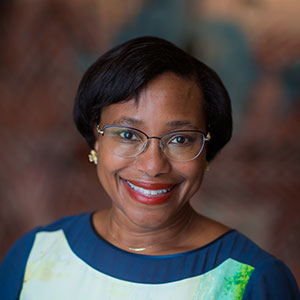 UNIVERSITY OF WASHINGTON
UNIVERSITY OF WASHINGTON
DEPARTMENT OF BIOENGINEERING
ALLAN S. HOFFMAN LECTURE
PRESENTS:
Prof. Paula T. Hammond, PhD
“Making Sticky Particles for Better Medicine”
Monday, October 13, 2025
4:00pm – 5:00pm
HSB A420 Hogness Auditorium
Reception to follow
In-person Registration: https://forms.office.com/r/nwaAcd6cqB
Zoom Registration: https://washington.zoom.us/meeting/register/-nBMUVfUR6OxJ8HoTIqQKQ
Polyelectrolytes are particularly interesting for drug delivery and biomedical imaging because their ionically charged nature enables water solubility or amphiphilic behavior that guides their surface interactions with cells and tissues. Along with surface charge, hydrogen bonding and hydrophobic interactions can lead to noparticles that bind with strong affinity for certain target tissues. Polyelectrolyte nanolayers that have specificity for tumor cell types can aid in transforming a ‘cold’ immune environment to an active one for immunotherapy. We can deploy these layered nanoparticles to deliver siRNA and mRNA to specific cell types to treat disease, including cancer which is a special focus in the Hammond Lab. These systems can be designed to enhance transport across barriers such as the blood-brain barrier, properties that can be further enhanced through the complementary adsorption of additional targeting peptides of opposite charge. On the other hand, these nanolayered assemblies can be modified to modulate cell-particle interactions and facilitate transport through tissue while still enabling desirable specificity of cell association. An overview of these approaches and their use to address ovarian cancer, glioblastoma and other biomedical applications will be discussed.
Professor Paula T. Hammond is an Institute Professor and Executive Vice Provost at MIT, and a faculty member in Chemical Engineering. A member of the Koch Institute and founding member of the Institute for Soldier Nanotechnology, she is renowned for pioneering layer-by-layer thin films for controlled therapeutic release, advancing drug delivery, tissue engineering, and cancer nanomedicine. Elected to the National Academies of Science, Engineering, and Medicine, her numerous honors include the National Medal of Technology and Innovation (2025), the Franklin Medal in Chemistry, and the Othmer Gold Medal (2024).


